A phrase like “false premise” sounds like philosophy talk, and hardly relevant to our day to day life. But all it really means is that someone is making an argument, or doing something, which they would justify by referring to something that is not true.
The premise we all live under is that we are obligated do certain things, like follow the law because we are included in legitimate systems of governance that empower each of us. The premise is that there is a legitimate/obligatory “we” (one that creates oughtness) from which we all think and act.
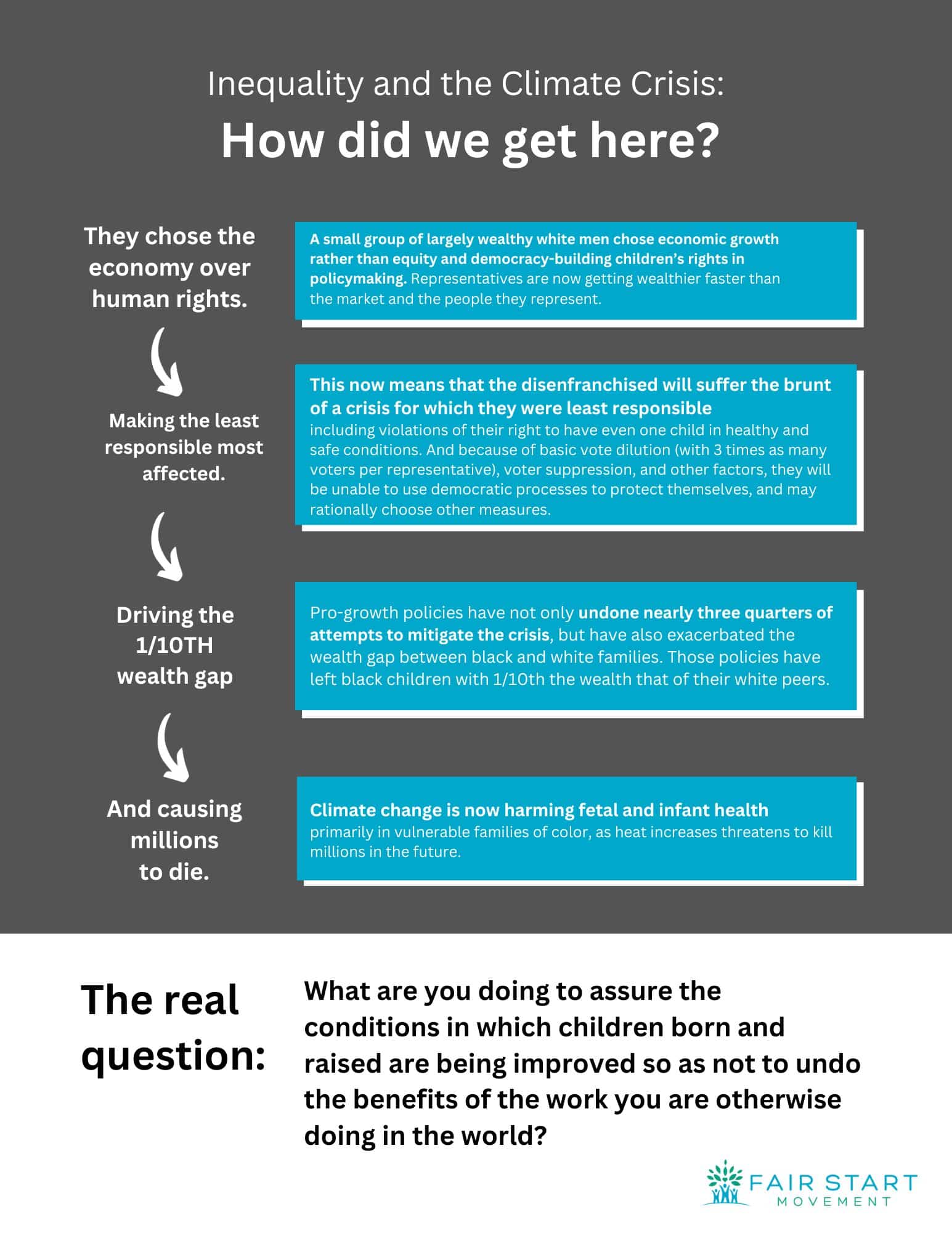
It is a false premise that there is a obligatory “we” from which to live our lives until we change these facts because without a change we start by exploiting and thereby harming, rather than empowering in a way that is measurable with clear benchmarks, others. It is a false premise that there is a obligatory “we” if we start with zero actual protections for infants and animals, and zero actual protections is the case in our legal system today, almost universally.
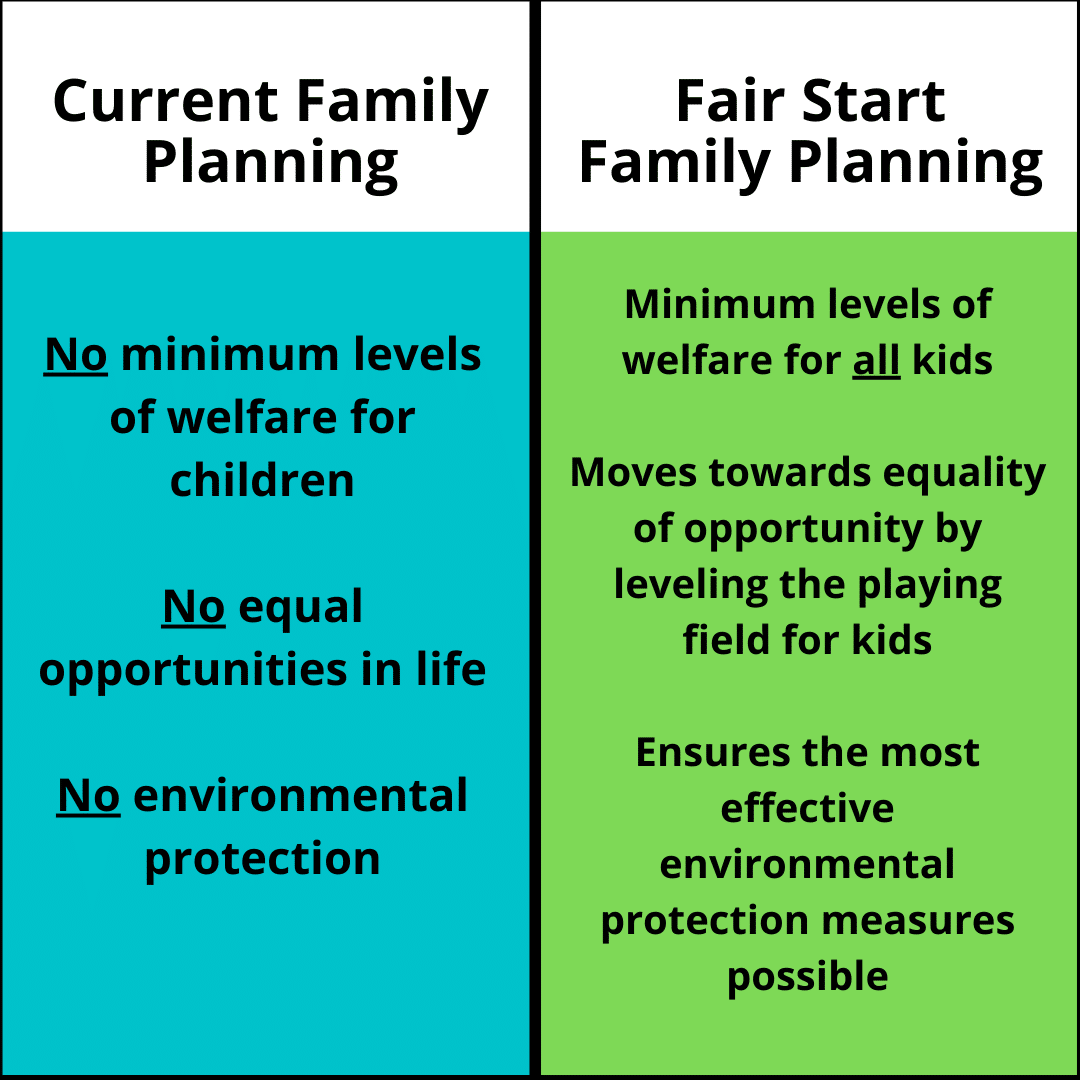
Ask anyone what they policy they have to functionally protect children as they would enter the world – using a metric like equity for example, and thus indirectly protect the animals humans would otherwise consume. They will have no real answer because to ensure that protection would require obligating would-be parents to plan in specific ways, something that is widely considered forbidden because of an obscure policy mistake by the United Nations between 1948 and 1968).
Fact: The contributions of those who ignore their false premise, like many academics working on population ethics, began with them being born into a coercive legal system of entitlements from which they benefitted at deadly cost to others. That system, the dominant system controlling our actions because it alone is meant to be inclusive and reflective of its subjects, never was because of the falsity described here.
Actual inclusion and empowerment is what creates value and choices in the world. Growth, without minimum levels for those born with nothing, only benefits those who want cheap labor, lots of consumer demand, and a bigger tax base. There is no obligation without including those subject to the obligation, equitably, in the process. No reasonable person would start with that “ought” because constitutions do not start with the exploitation of their constituents, and the loss3 of self-determination. You can see this all around you. How much do you trust those with whom you share the world? And could that have been different had there been different family planning policies in place to give kids what they actually needed – the beginning of justice, where common good is aligned?
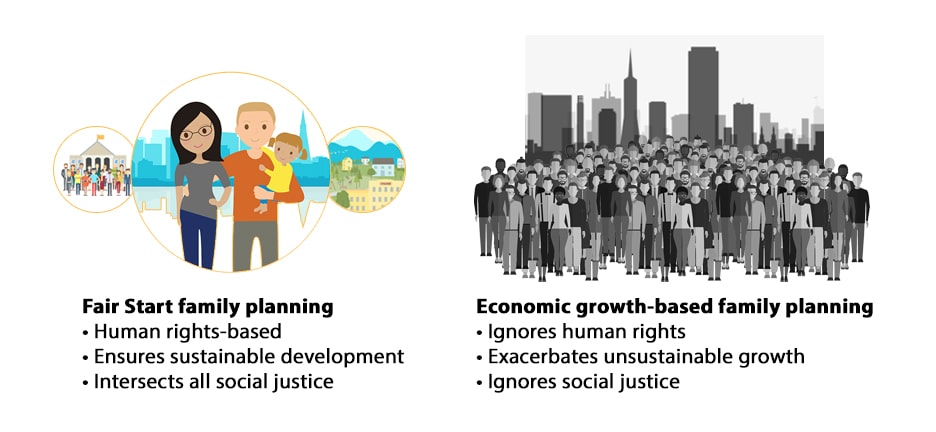
Instead governments could reverse this harm with one simple change at the United Nations – using child-rights as their basis for legitimacy, and funding birth equity level family planning entitlements as the priority climate reparations so that women have children at a time, place, and with resources that ensure those children thrive. A legitimate remise, an obligatory we, would start with minimum thresholds of personal welfare, expecting equal access to opportunities, participating in and adhering to political/legal systems that purported to represent the governed through birth and development conditions that ensure a role in making the law and and protecting the capacity for each to choose who has influence (including climatologically) or power over them, using and enjoying an environment relatively conducive to human and nonhuman health, enjoying a right to have a child in relatively safe conditions, etc. Consumers do not need to be emancipated in this way. Citizens do.
There are easy ways to ensure this. And all start by moving wealth made at cost to future generations and the nonhuman world, under noninclusive cost/benefit baselines that violated human rights, into family planning reparations. Without the change we benefit at deadly cost to others – skipping over the first thing we ought to do and who we ought to be. That is not a “we.” All rules should be fair, and that which determines our creation is the first rule. That rule contains an inescapable logic: That if government truly derives from the governed, young women would have justification to obtain funds for life-saving equitable family planning entitlements – to give all kids a fair start in life – and actually constitute legitimate nations and become a “we,” more than the state would have to use violence to keep that wealth where it is. The United Nations could easily (and really should) say so and make the first move in taking human rights seriously. There is no inclusive “we” from which to coercively assign property or other rights without this primary process.
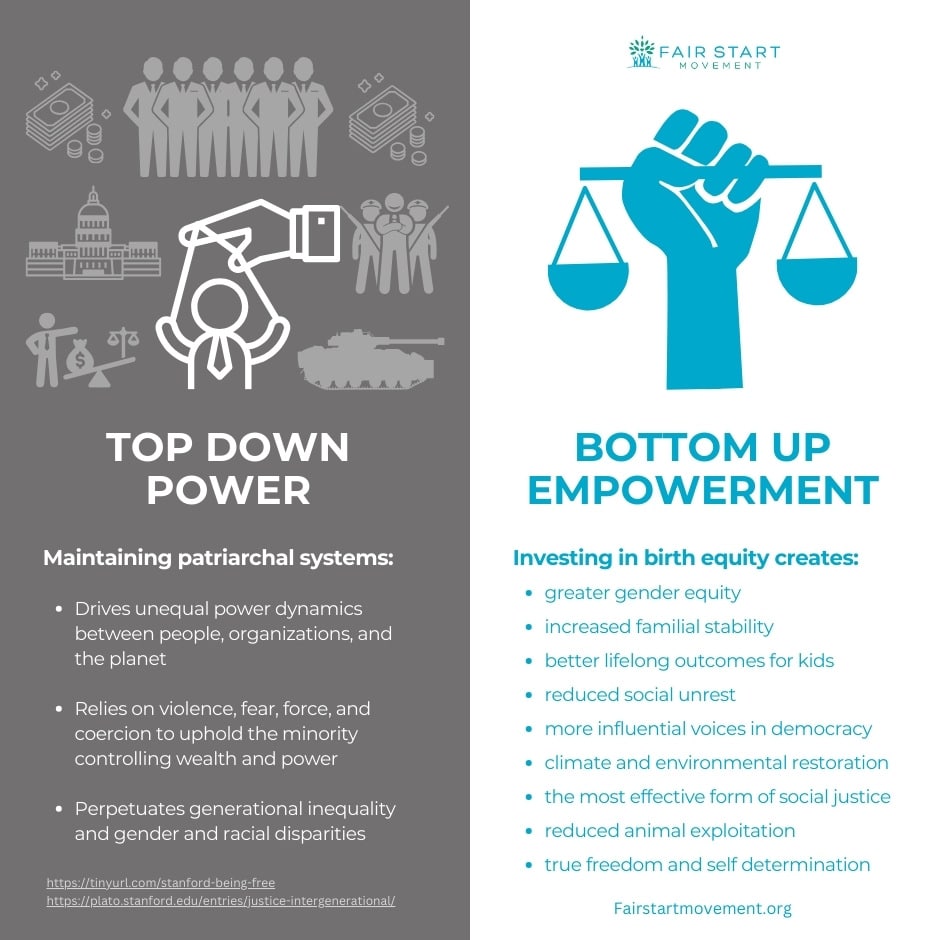
And what this means is that processes that would make us a “we” – like an AI managed system of social credit designed around prioritizing resource distribution for birth equity – override those that do not. That process would have more justification for leaning on holdouts than the government, which should become a function of this process, would have to block it. We might begin this process in the animal law/rights and children’s rights movements, where the false premise has had done the most harm and contradicted the things we said we value. Our generations can’t get the benefit of future generations’ political obligation, not to target us for strict liability reparations required by the deadly climate catastrophe for example, because we never met our obligations to them.
What is an example of the #ImpactFraud mentioned above? Many animal or child welfare organizations claiming to do good start from a fundamental policy position with zero actual protections for infants and animals (the false premise), and in a way that undoes the values they claim to further. I was paid to omit the fundamental policies that were undoing the claims I made as an animal lawyer – and by those who wanted to take advantage of growth. I have lived the lies of people and institutions reacting to climate reparations liability by trying to hide that liability, deny their role, reduce the standard, etc.
An alternative are child and animal welfare organizations that engage in direct action and bypass illusory legal systems when needed. They are more reflective of the ideals of law, gearing their behavior bottom up, around the most vulnerable, which demonstrates the empathy required for a true legal system.
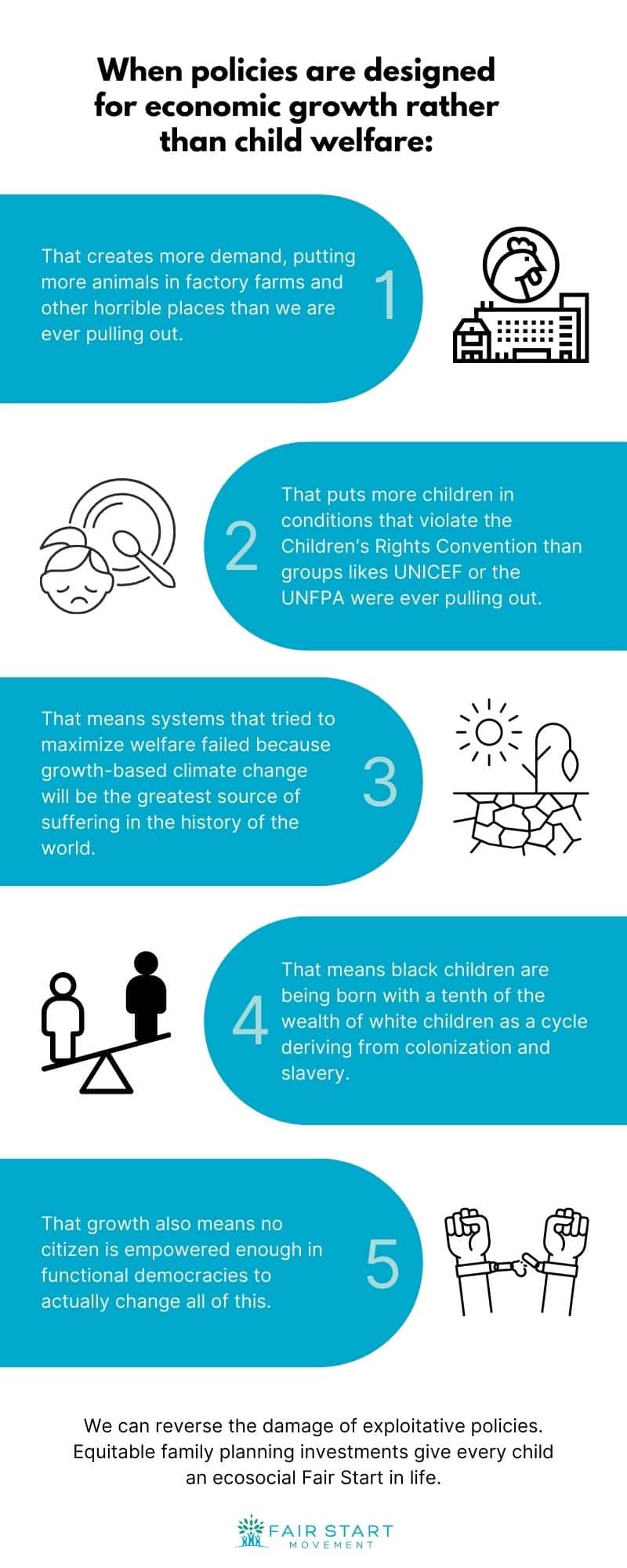
This is not about population, but about power and the first rule that limits it in order to free us.

